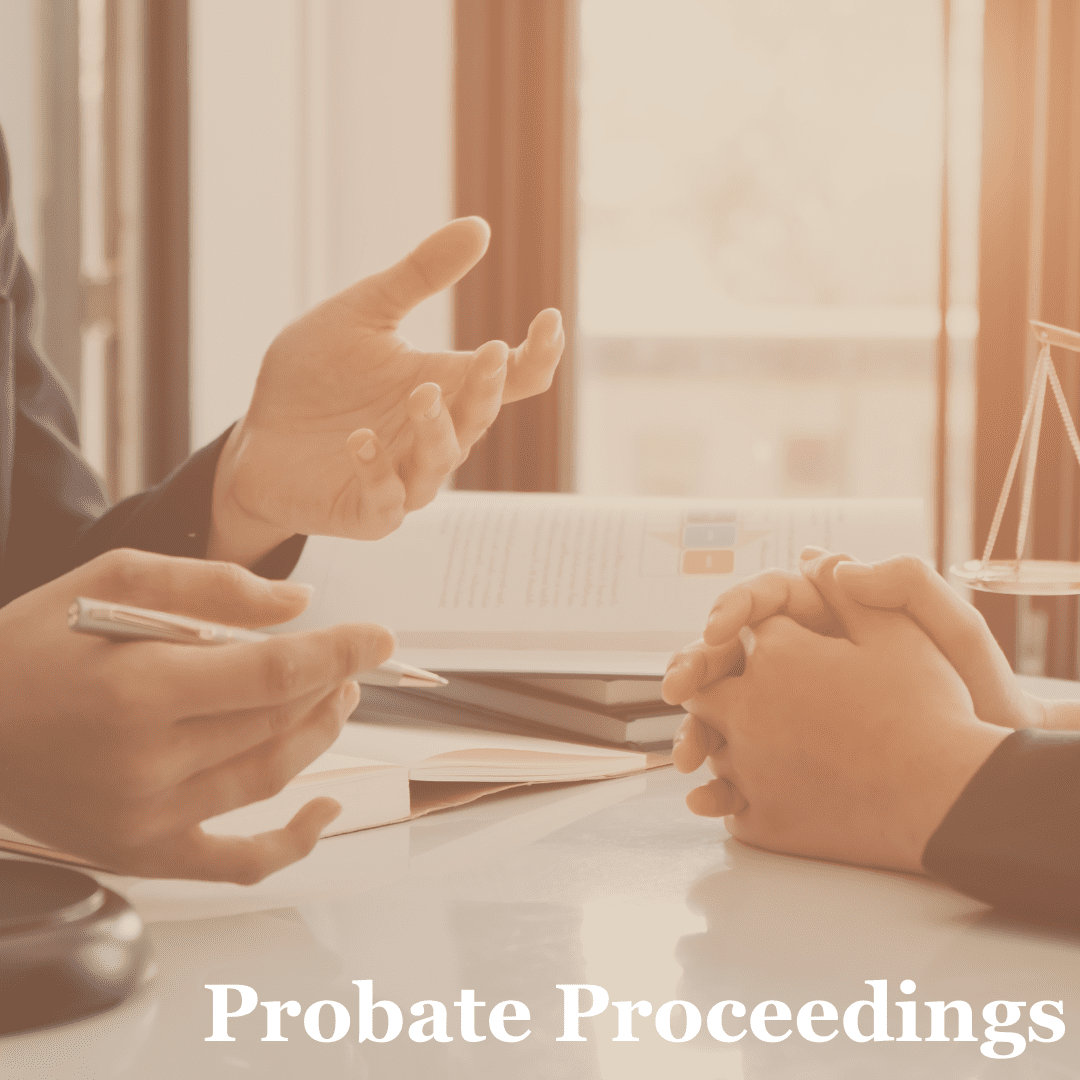
Did you know even when there is a will, Indiana law requires probate in many situations?
Figuring out who’s in charge, what happens to the house, and how to make sense of court documents, debts, and timelines is complex and overwhelming when you’re still grieving.
We know losing a loved one is hard enough.
At Gilbert Legal Services, our job is to guide you through the necessary legal steps, take the burden off your shoulders, and make sure everything is handled the right way.
Whether you’ve been named executor or are just trying to understand your next move, you don’t have to do this alone.
Reach out so we can help walk you through your options.


In Indiana, a will doesn’t automatically avoid probate. The court still needs to validate it and give the executor legal authority to act. Probate ensures the estate is distributed properly, debts are paid, and the process is handled according to the law.
What happens if there is no will?
If someone dies without a will (called dying “intestate”.) This means Indiana law determines how the estate is divided — not your loved one’s wishes. A knowledgeable attorney can help do more than just file paperwork. They help you navigate which legal documents to file and when, petition for executorship, inventory assets, contact creditors, and avoid personal liability.
How long does probate usually take?
It depends on the size and complexity of the estate, but probate in Indiana generally takes anywhere from a few months to over a year. Working with an experienced attorney can help prevent these issues from slowing things down.
I was named executor in the will , what do I do next?
Start by talking to a probate attorney. As executor, you’re now responsible for managing the estate, including filing paperwork, settling debts, and distributing assets, all while staying within legal timelines. A probate attorney will help you understand exactly what steps to take next and avoid costly mistakes.
What if family members disagree during probate?
Disagreements are common, especially when emotions are high or expectations weren’t clearly set. We help diffuse tension by focusing on facts, honoring the law, and keeping communication respectful.
Gilbert Legal Services offers dependable legal support at a time when grief and uncertainty can make everything feel overwhelming.
Let us help you step into your role as executor with confidence and care.
Call (317) 855-9922 or fill out the form below to schedule your consultation.
